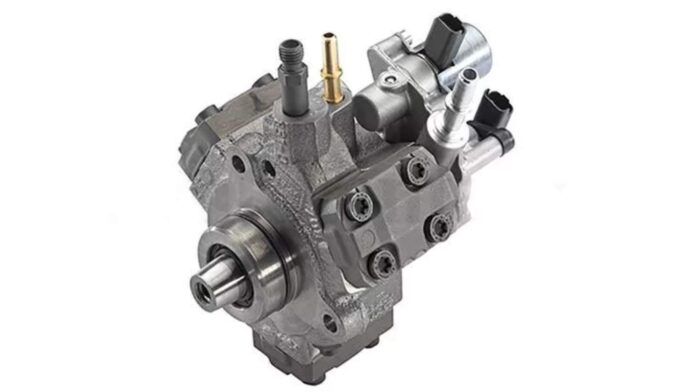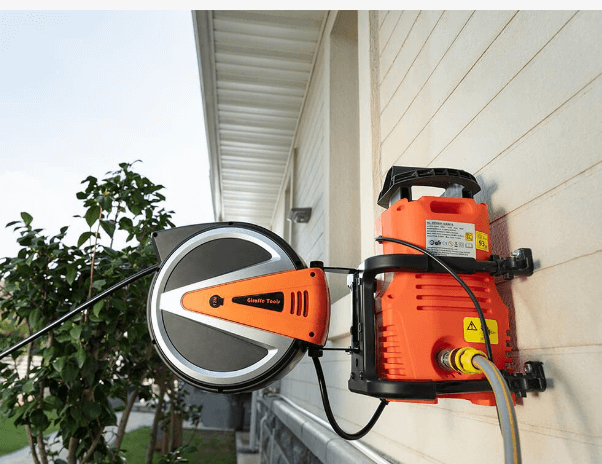The enormous growth of the automobile industry is worth-mentioning. Every part and device is extensively versatile, from mini parts to gigantic engines. The compression of huge engines into compact and more efficient entities has proven the limits to which technology and human growth have extended.
Making parts and equipment collaborate to execute the vehicle’s movement to setup Is great. As mentioned, many parts, whether small or big, more or less efficient, matter. One such part is the diesel pump in your diesel engines.
This blog post brews everything you must know about your diesel pump, from its function to its working and other related information. Keep reading to learn about diesel pumps in depth. Click here to learn more about the fuel pump regulator is an important part of the engine.
What Is A Diesel Pump?
Also known as the fuel injection pump, a diesel pump draws diesel from the tank and delivers it to the carburetor, where the combustion reaction occurs, fuel burns and the engine gains its power. A diesel pump in a diesel engine resembles the fuel pump in a gasoline engine.
Working of the Diesel Pump
The diesel pump takes the fuel from the tank and delivers it to the combustion chamber, where the mixture of fuel and compressed hot air ignite to produce the energy required by the diesel pump to get going.
Unlike the petrol engine, the diesel engine does not have spark plugs that initiate the reaction. In fact, hot and pressurized air is required to ignite the engine, and the diesel pump provides that. It is, therefore, important to maintain the diesel pump, as only in the presence of required heat and pressure can the combustion reaction produce enough force to empower the engine.
Optimum Temperature and Pressure for Diesel Pump
The fuel injection pump inside a diesel engine produces enough pressure and heat that empowers the engine. It is believed that the diesel pump compresses the air inside the engine to almost 400-600psi. If we compare it to the atmospheric pressure of 15psi, you can imagine the magnitude and degree of the compression inside a diesel engine.
With an increase in the pressure, the air temperature increases to as high as 600 degrees centigrade.
The Drawback of Diesel Engines
Diesel engines are considered much better than gasoline engines in terms of efficacy. However, these can sometimes pose problems because of certain reasons. Since the ignition of a diesel engine depends largely on the air pressure and heat, which is mainly maintained by the diesel pump, this exceeded the limit of heat and pressure can sometimes make the worst happen.
For instance, your engine may stop working or won’t efficiently start up.
Conclusion
Our comprehensive guide has covered the major concept involving diesel pumps and their use. Being the mandatory part of a diesel engine, the diesel pump ensures an efficient start-up by creating an environment with increased pressure and temperature.
It draws diesel from the fuel tank and delivers it to the combustion chamber, where a reaction occurs, producing enough energy to empower the engine.






